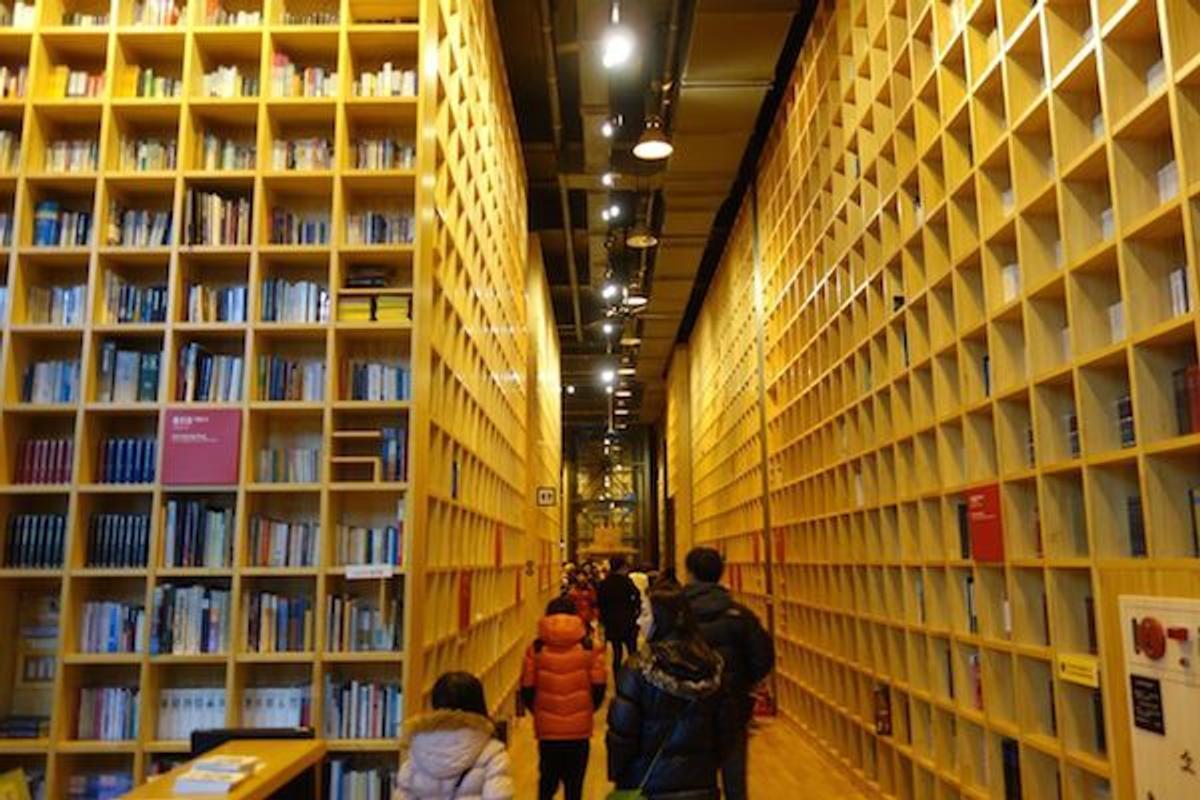Discovering Paju Book City: A Literary Haven
Nestled just outside Seoul, Paju Book City stands as a unique cultural and creative hub dedicated entirely to the world of books and publishing. This fascinating city is not just a physical space but a thriving ecosystem where writers, publishers, printers, and artists come together, fostering literary innovation and cultural exchange. Founded in 2001, it has evolved into a vibrant community promoting book-related industries while nurturing artistic expression and intellectual pursuits. This article delves into the development, structure, and cultural significance of Paju Book City, exploring how it became a symbol of Korea’s commitment to literature and knowledge, and why it continues to attract bibliophiles, scholars, and tourists from around the world.
The Vision and Creation of Paju Book City
Paju Book City was conceptualized as more than just a commercial zone—it was designed as a cultural enclave where all aspects of book production could coexist harmoniously. The South Korean government and private investors collaborated to create a purpose-built township dedicated to strengthening Korea’s publishing industry. Spanning over two million square meters, the layout includes publishing houses, printing factories, bookstores, and cultural spaces. The planners emphasized an eco-friendly design imbued with nature, where the architectural aesthetic promotes calm and creativity. This vision has made Paju Book City a model of integrated urban planning for creative industries worldwide.
A Hub for Publishing Innovation and Collaboration
Unlike traditional business districts, Paju Book City functions as a tightly knit community where collaboration flourishes. Publishers share resources and expertise, resulting in innovative print and digital publications. The city hosts regular workshops, seminars, and fairs that encourage networking and the exchange of ideas between authors, designers, editors, and printers. The proximity of various professionals accelerates the production cycle and fosters experimentation, making Paju Book City a focal point for cutting-edge publishing practices, including advancements in e-books and multimedia storytelling.
Cultural and Educational Spaces Within the City
Beyond its commercial functions, Paju Book City boasts numerous cultural and educational venues. It is home to several independent bookstores, literary cafés, exhibition halls, and libraries open to the public. These spaces allow visitors to experience the joy of reading and engage with ongoing literary events such as author talks, book launches, and festivals. Educational programs aimed at schools and the public encourage reading culture and literacy development, reflecting the city’s role in fostering lifelong learning and community involvement.
The Impact on Korean Literature and Global Recognition
Paju Book City has also become a catalyst for contemporary Korean literature’s international presence. It serves as a launchpad for emerging writers and a meeting place for international authors and translators, promoting cross-cultural dialogue. Several landmark Korean literary works have been published or translated here, boosting Korea’s literary profile abroad. The city’s innovative approach to publishing has drawn attention from global cultural institutions, and it regularly features in international cultural exchange programs, helping to spread Korean literary culture worldwide.
Reflecting on Paju Book City’s role in shaping Korea’s literary landscape reveals a remarkable achievement in combining industry, culture, and community. From its strategic planning and collaborative spirit to its cultural vitality and international outreach, the city exemplifies how dedicated spaces can transform creative industries and foster cultural growth. By supporting publishers, artists, educators, and readers, Paju Book City remains a beacon of literary passion and innovation. Visitors leave enriched not only by its vast literary offerings but also inspired by a city that celebrates the printed word in all its forms, sustaining an enduring love for books well into the future.
